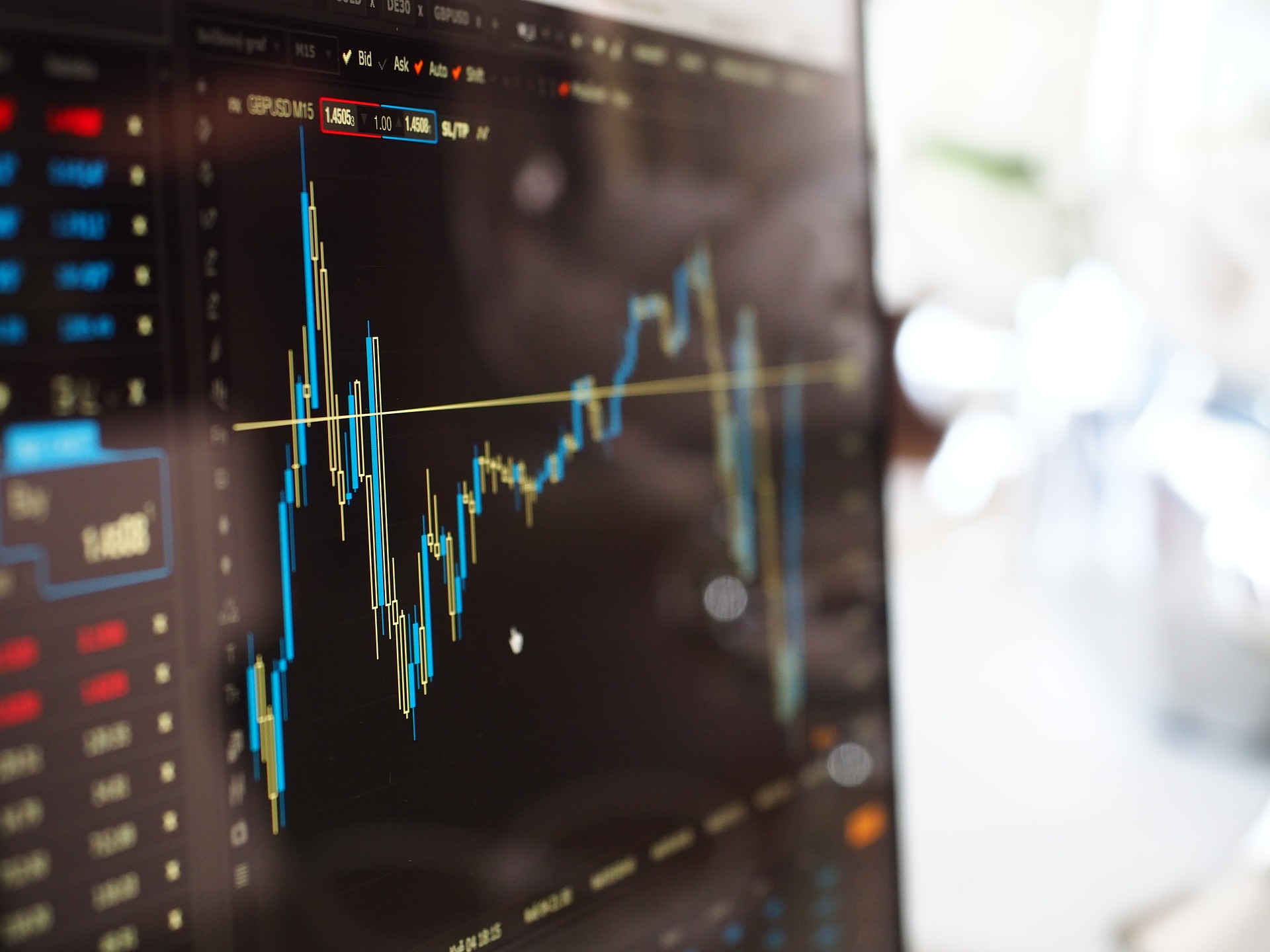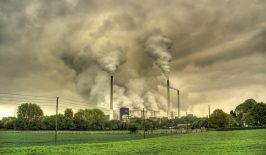A UK organization is calling on companies and governments to disclose their environmental statistics in a bid to help the fight against climate change.
Data has become the world’s most valuable resource, the “oil” of the digital era. And while as individuals we’re increasingly forced to take steps to secure and control access to our own private information, data transparency can actually help large companies and governments to join the fight against climate change. Data – its collection and analysis – enables some of society’s most powerful players (entities that have the power and clout, but not always the will to take action when it comes to issues surrounding the environment!) to gain a better understanding of the risks posed by climate change, and identify opportunities for more sustainable performance. As Jamison Ervin and David Jensen pointed out an article in Medium, “It’s time to recognize environmental data as a global public good.”
Before anything can change, we need information about the current status quo. CDP, formerly the Carbon Disclosure Project, realized that fact a good while back, and for the last seventeen years, the organization has been committed to developing what they call a “global disclosure system”. CDP’s aim is to transform capital markets by elaborating environmental reports and measuring companies’, cities’, states’ and regions’ environmental impacts – enabling them to make better-informed decisions on climate action. “Only by measuring and understanding their environmental impact was it possible for investors, companies and cities to take action to start building a truly sustainable economy,” the CDP website states.
How does it work?
CDP asks companies, cities, states and regions for data on their environmental performance. This year, for example, over 7000 companies have responded to their climate change, water, forests and supply chain questionnaire and more than 620 cities have disclosed environmental information. Then the organization works with the data to provide detailed analyses on critical environmental risks, opportunities and impacts. This information is then used by businesses, investors and policy makers to make better decisions.
CDP divides the data into three categories: the corporations’ data that can be purchased, the data for investors that is only available if you are an investor member and the cities, states and regions data which can be accessed for free through their open data portal.
Why would companies want to disclose their environmental information to CDP? A couple of weeks ago, at the beginning of June, a CDP report revealed that over 80 percent of the companies that have taken part of the research will have to deal with key negative climate impacts such as extreme and volatile weather patterns, rising global temperatures, and increased pricing of greenhouse gas emissions.
“Our analysis shows that there are a multitude of risks posed by climate change, including impaired assets, market changes and physical damages from climate impact, as well as tangible impacts to business bottom lines,” explained in the report Nicolette Bartlett, director of climate change at CDP. So ultimately, if these kind of large and powerful entities can see the affect that climate change will have on their profits, they might be encouraged to use their power do something about it – taking steps to address carbon emissions, deforestation and water security in ways that are beneficial to everyone. And that disclosure also means investors and customers are provided with comprehensive information about the companies’ environmental credentials. Data transparency, therefore, can have added benefits throughout different stratas of society – as well as encouraging and enabling powerful entities to do their bit to tackle climate change.
In the era of data, we might just need a “digital ecosystem for the environment” as some UN experts have called it. And it seems that environmental disclosure could be an integral part of it.






